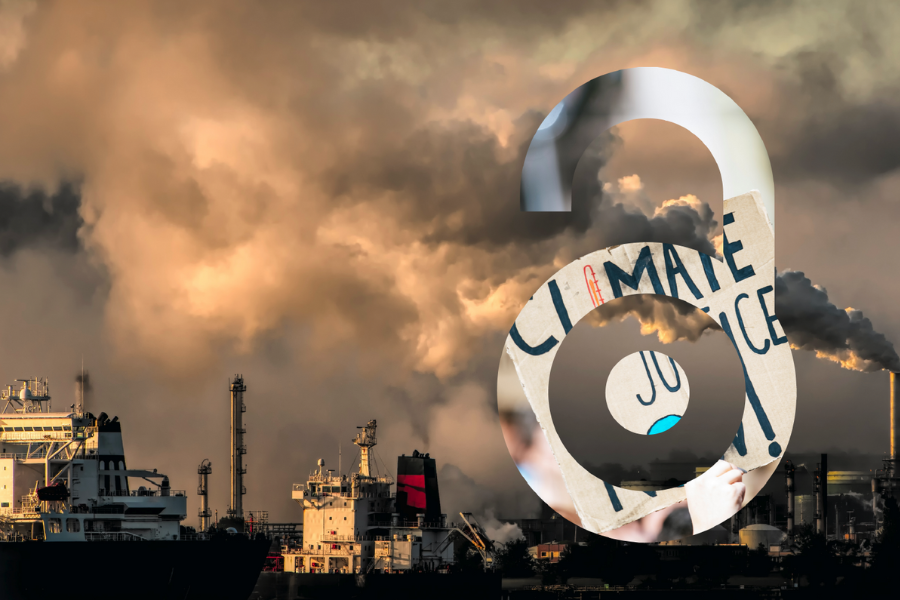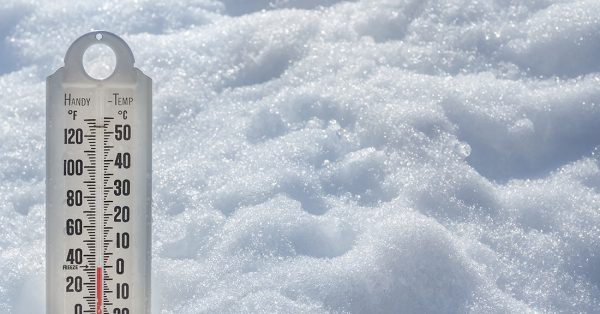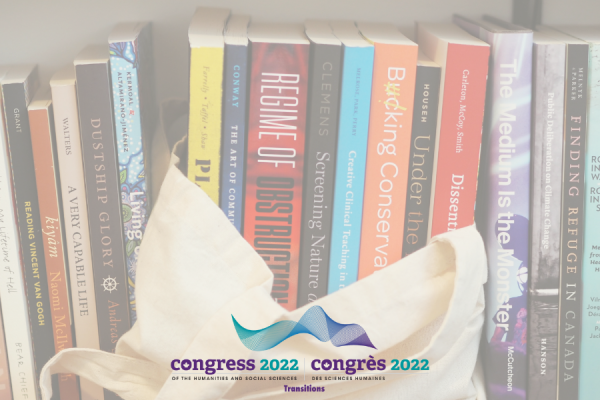Every October, we celebrate Open Access Week and have the opportunity to draw attention to our unique publishing model and important publications. This year’s Open Access Week theme is “Open for Climate Justice” and we are thrilled to participate in the conversation about how open access publishing can contribute to the climate justice movement.
“Sharing knowledge is a human right and tackling the climate crisis requires the rapid exchange of knowledge across geographic, economic, and disciplinary boundaries.”
openaccessweek.org
Today, we are sharing five books containing essential research that will inform general readers, policy makers, academics, journalists, and activists alike on the challenges and opportunities we face when it comes to this global crisis.
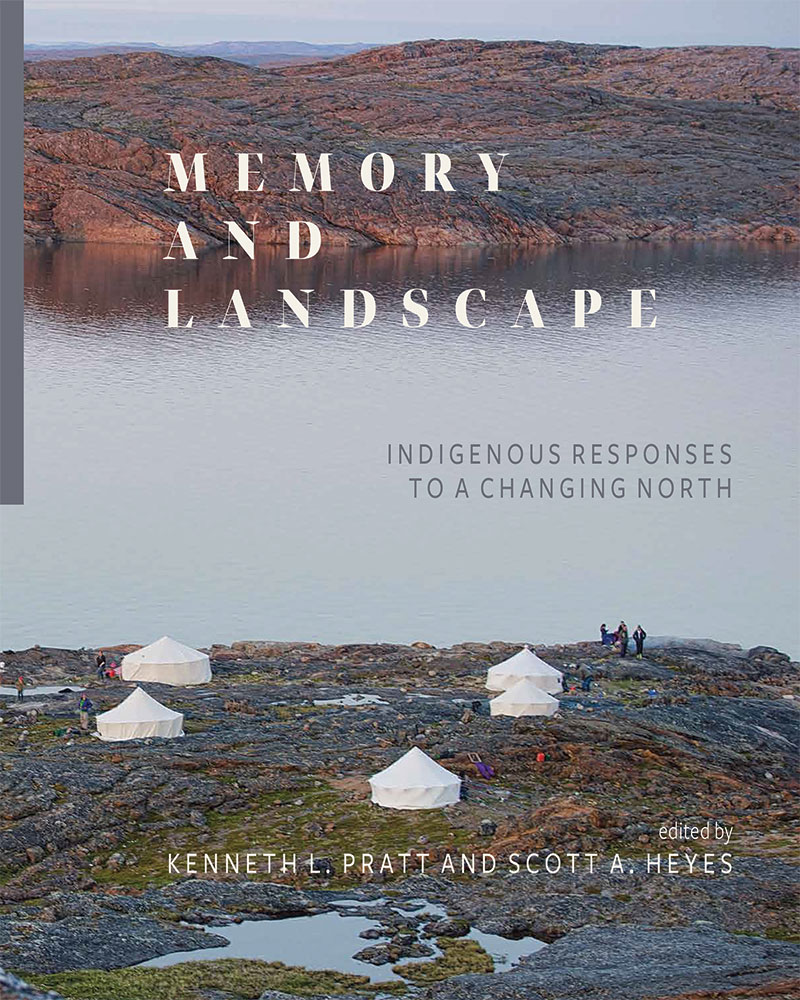
Memory and Landscape: Indigenous Responses to a Changing North edited by Kenneth L. Pratt and Scott A. Heyes
The North is changing at an unprecedented rate as industrial development and the climate crisis disrupt not only the environment but also long-standing relationships to the land and traditional means of livelihood. Memory and Landscape explores the ways in which Indigenous peoples in the Arctic have adapted to challenging circumstances, including past cultural and environmental changes. This volume illuminates how the land—and the memories that are inextricably tied to it—continue to define Indigenous identity. The perspectives presented here also serve to underscore the value of Indigenous knowledge and its essential place in future studies of the Arctic.
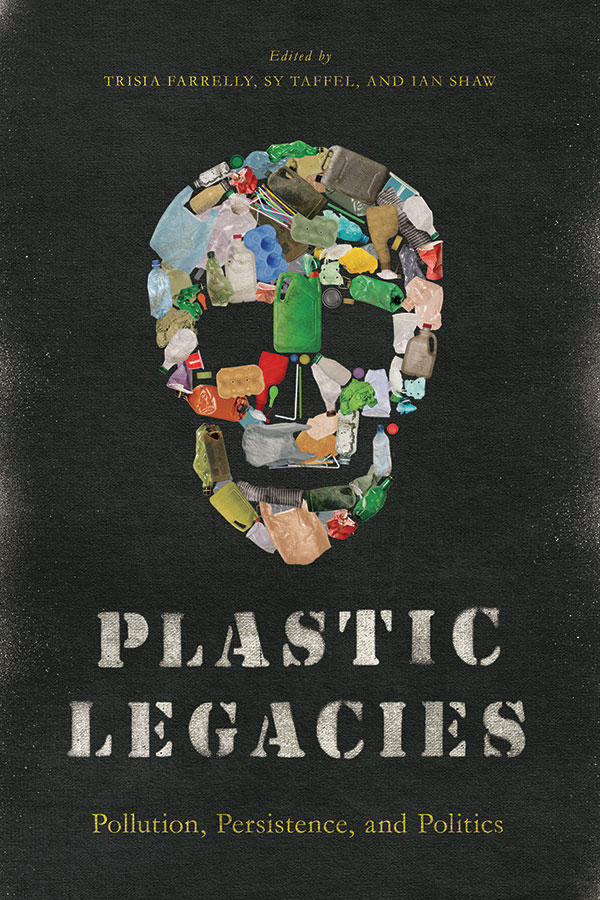
Plastic Legacies: Pollution, Persistence, and Politics edited by Trisia Farrelly, Sy Taffel, and Ian Shaw
There is virtually nowhere on Earth today that remains untouched by plastic and ecosystems are evolving to adapt to this new context. While plastics have revolutionized our modern world, new and often unforeseen effects of plastic and its production are continually being discovered. Plastics are entangled in multiple ecological and social crises, from the plasticization of the oceans to the embeddedness of plastics in political hierarchies. Moving beyond policy changes, this volume offers a critique of neoliberal approaches to tackling the plastics crisis and explores how politics and communicative action are key to implementing social, cultural, and economic change.
![[book cover] Regime of Obstruction](https://www.aupress.ca/app/uploads/120293_Regime-of-Obstruction-cover.jpg)
Regime of Obstruction: How Corporate Power Blocks Energy Democracy edited by William K. Carroll
Anchored in sociological and political theory, this comprehensive volume provides hard data and empirical research that traces the power and influence of the fossil fuel industry through economics, politics, media, and higher education. Contributors demonstrate how corporations secure popular consent, and coopt, disorganize, or marginalize dissenting perspectives to position the fossil fuel industry as a national public good. They also investigate the difficult position of Indigenous communities who, while suffering the worst environmental and health impacts from carbon extraction, must fight for their land or participate in fossil capitalism to secure income and jobs. The volume concludes with a look at emergent forms of activism and resistance, spurred by the fact that a just energy transition is still feasible.
![[book cover] Public Deliberation on Climate Change](https://www.aupress.ca/app/uploads/120271_Public-Deliberation-on-Climate-Change-cover.jpg)
Public Deliberation on Climate Change: Lessons from Alberta Climate Dialogue edited by Lorelei L. Hanson
Issues of sustainability are top of mind for all public institutions and governments. But how does an institution begin to develop policies and integrate them into their procedures and how does government establish initiatives that reflect a community’s values? Public deliberation is one of the most effective tools for advancing conversations on difficult issues and informing decision makers about possible ways forward. This book details the process of a project called Alberta Climate Dialogue, which brought Albertans together at four public deliberations on the topic of climate change. Alberta’s heavy reliance on the oil and gas industry and its host of powerful stakeholders has created a complicated and tenuous setting for discussions about climate change which makes the lessons from these deliberations all the more valuable.
![[book cover] Living on the Land](https://www.aupress.ca/app/uploads/120256_Living-on-the-Land-cover.jpg)
Living on the Land: Indigenous Women’s Understanding of Place edited by Nathalie Kermoal and Isabel Altamirano-Jiménez
Indigenous knowledge is crucial to managing natural resources, mitigating climate change, and revitalizing communities. Indigenous women’s knowledge in particular has is rooted in relationships both human and spiritual and is inseparable from land and landscape. Living on the Land examines how patriarchy, gender, and colonialism have shaped the experiences of Indigenous women as both knowers and producers of knowledge. From the reconstruction of cultural and ecological heritage by Naskapi women in Québec to the medical expertise of Métis women in western Canada to the mapping and securing of land rights in Nicaragua, Living on the Land focuses on the integral role of women as stewards of the land and governors of the community.
